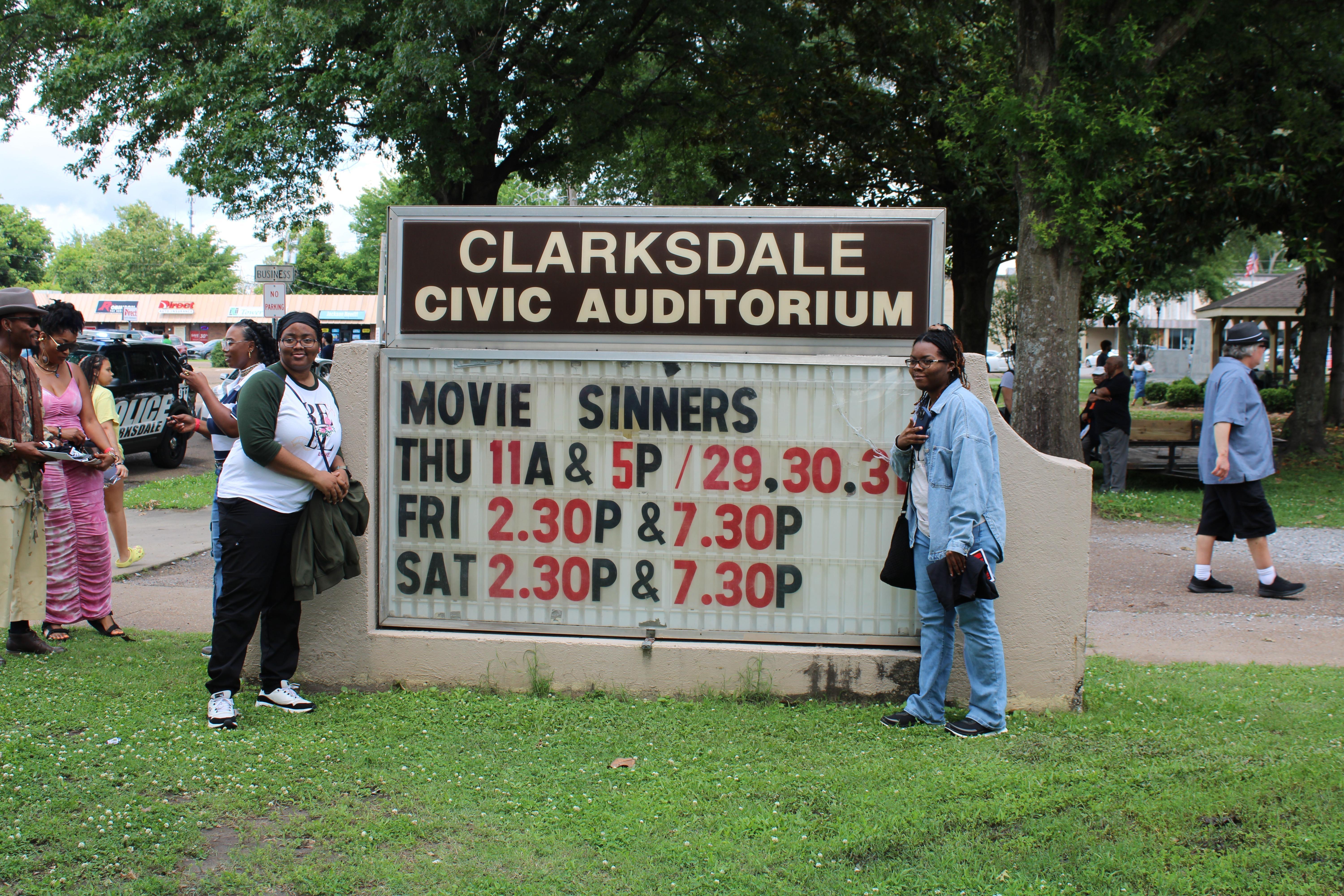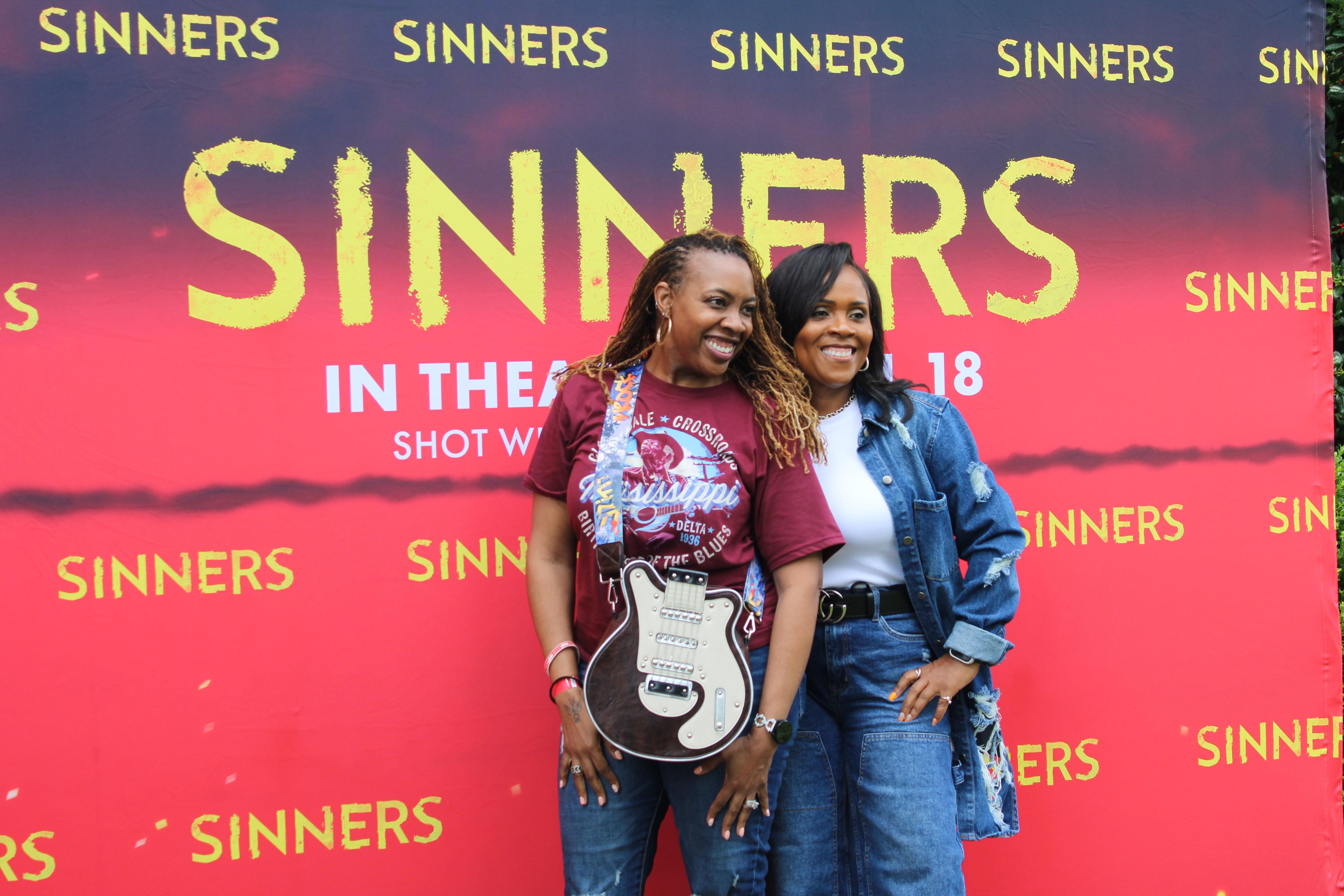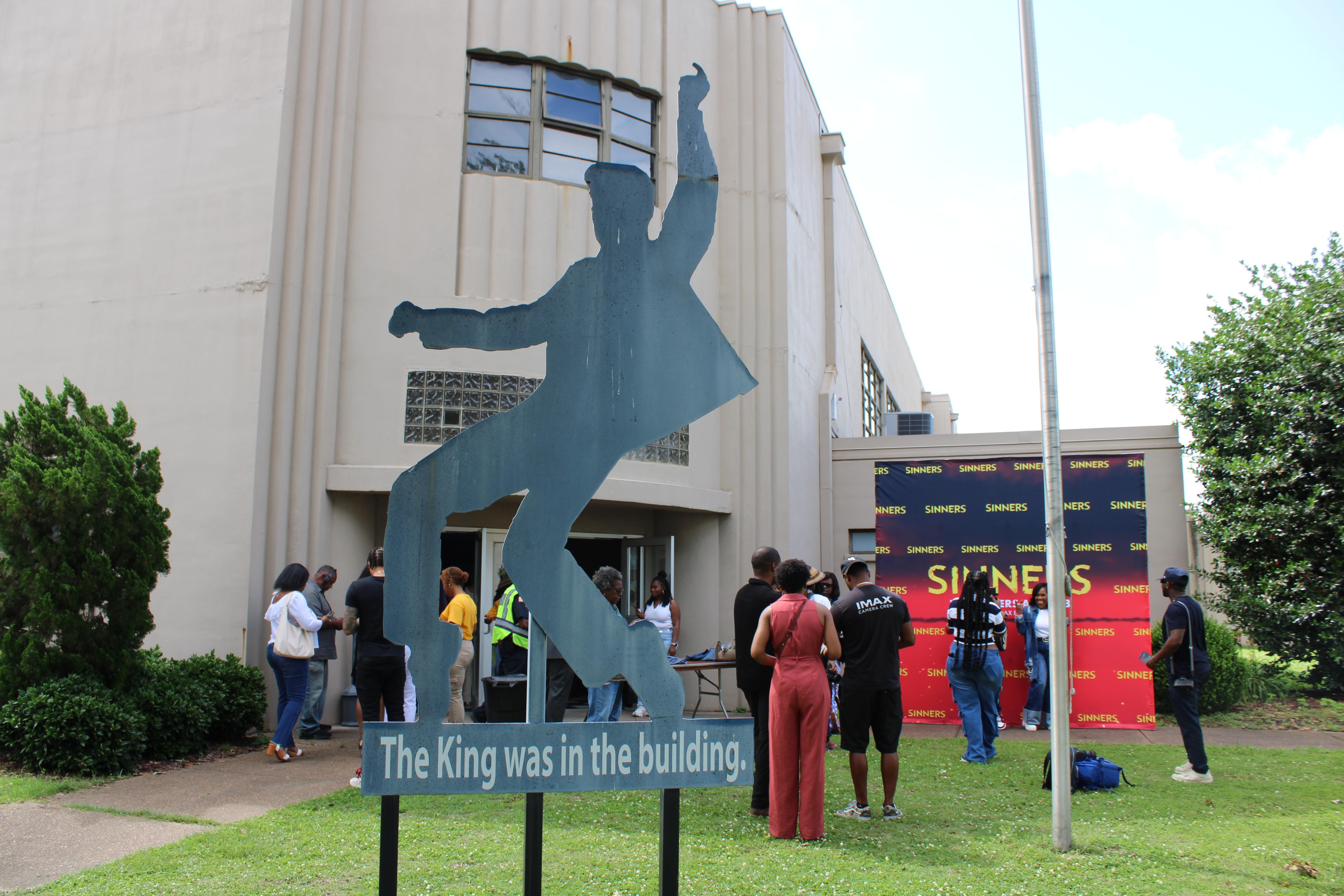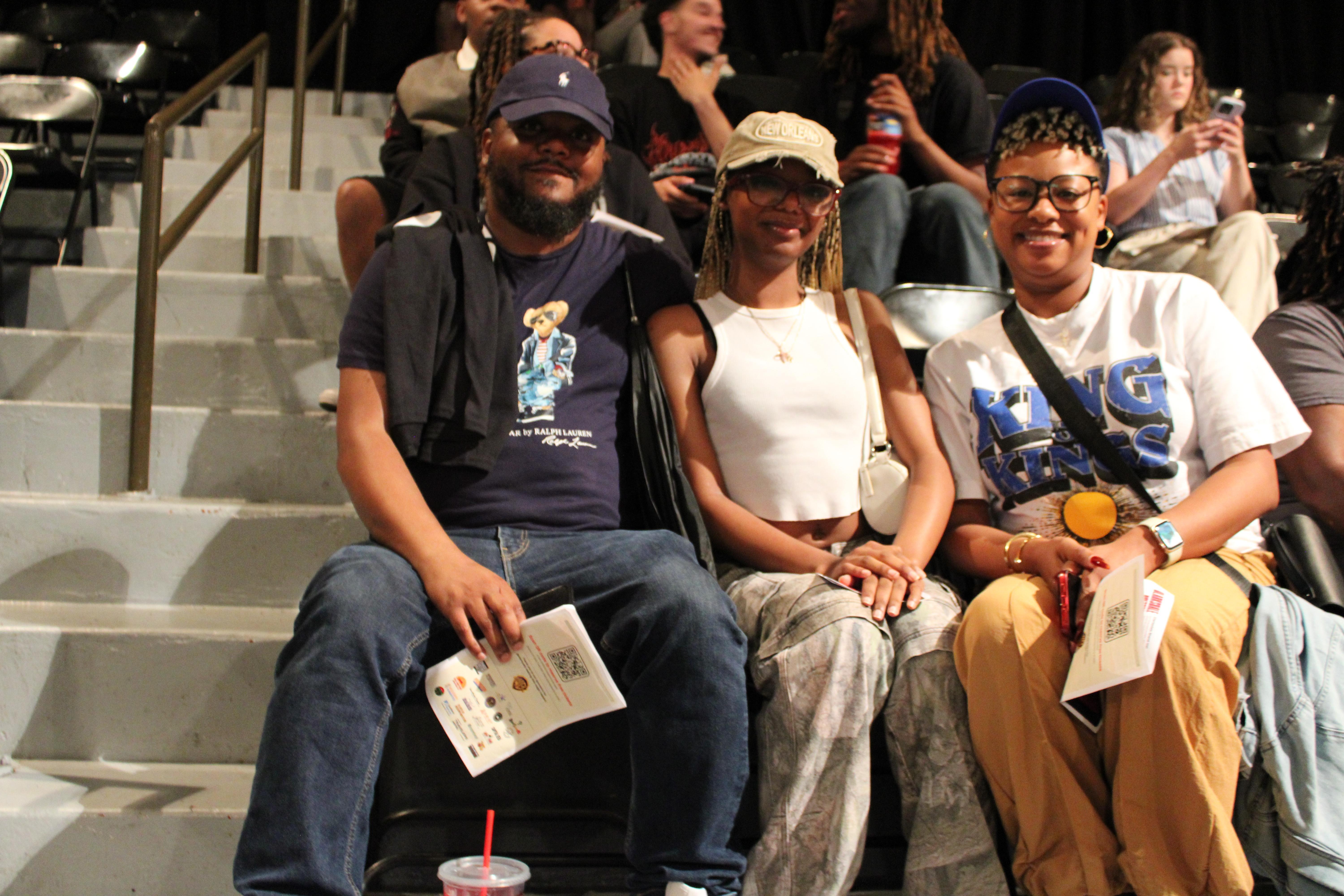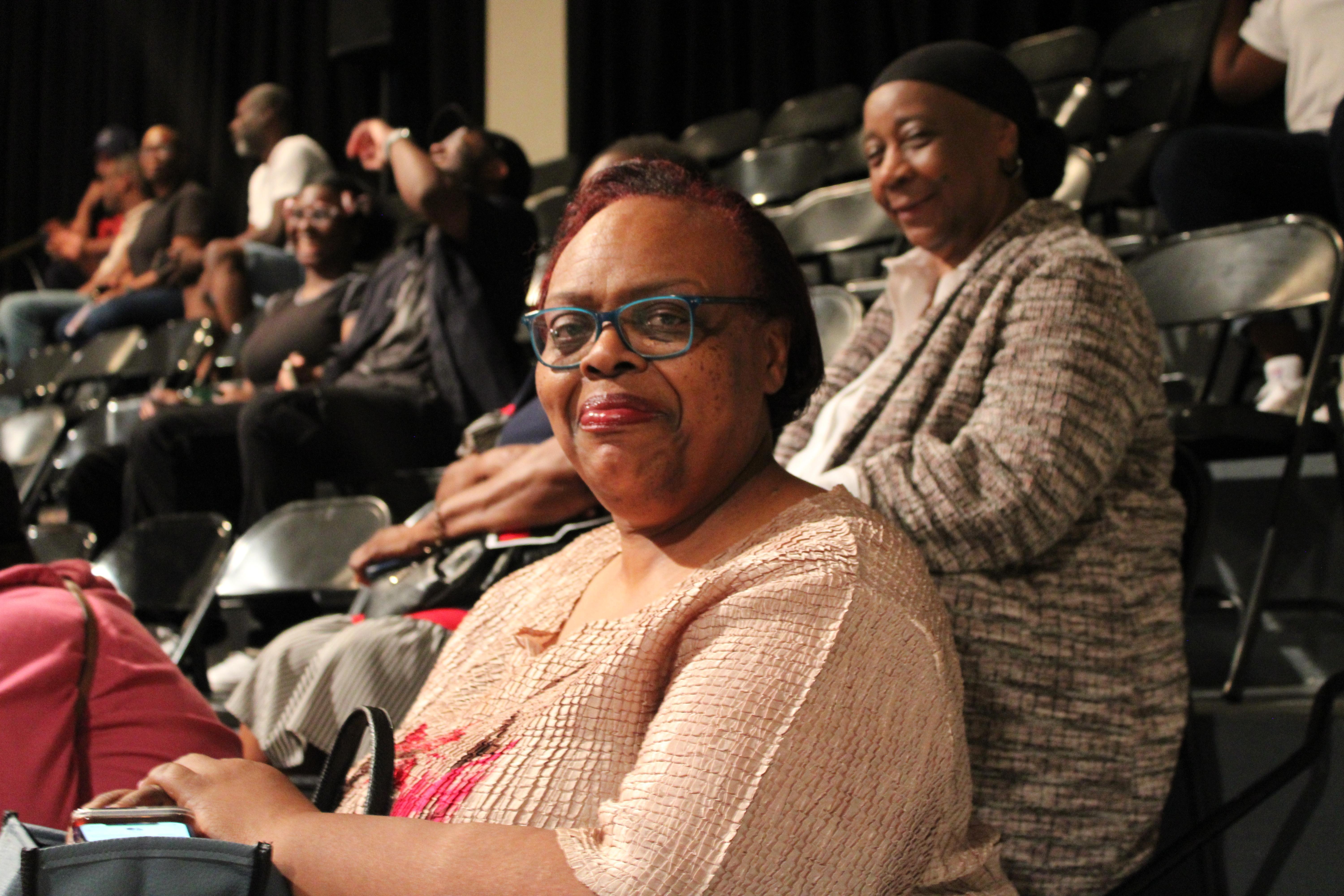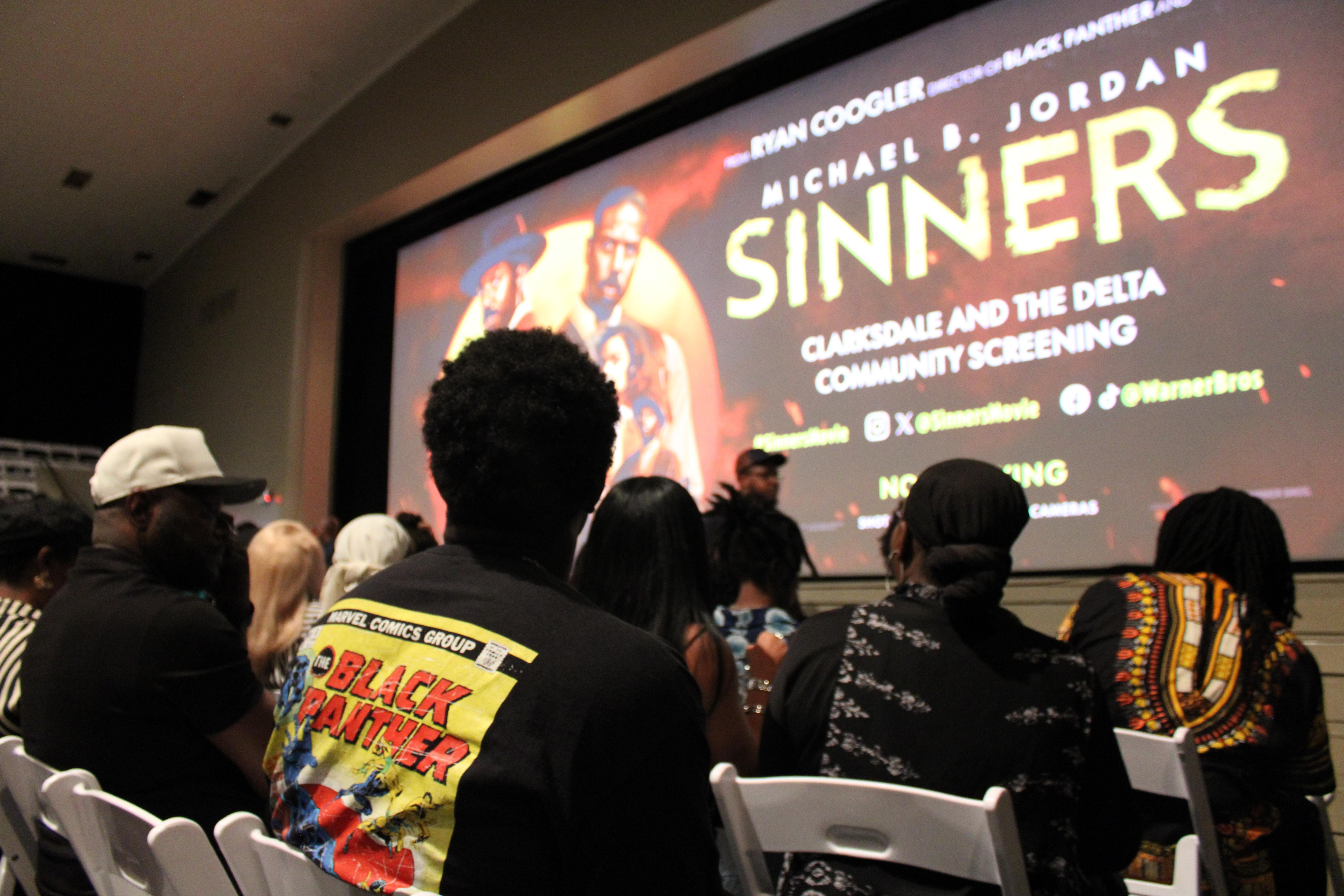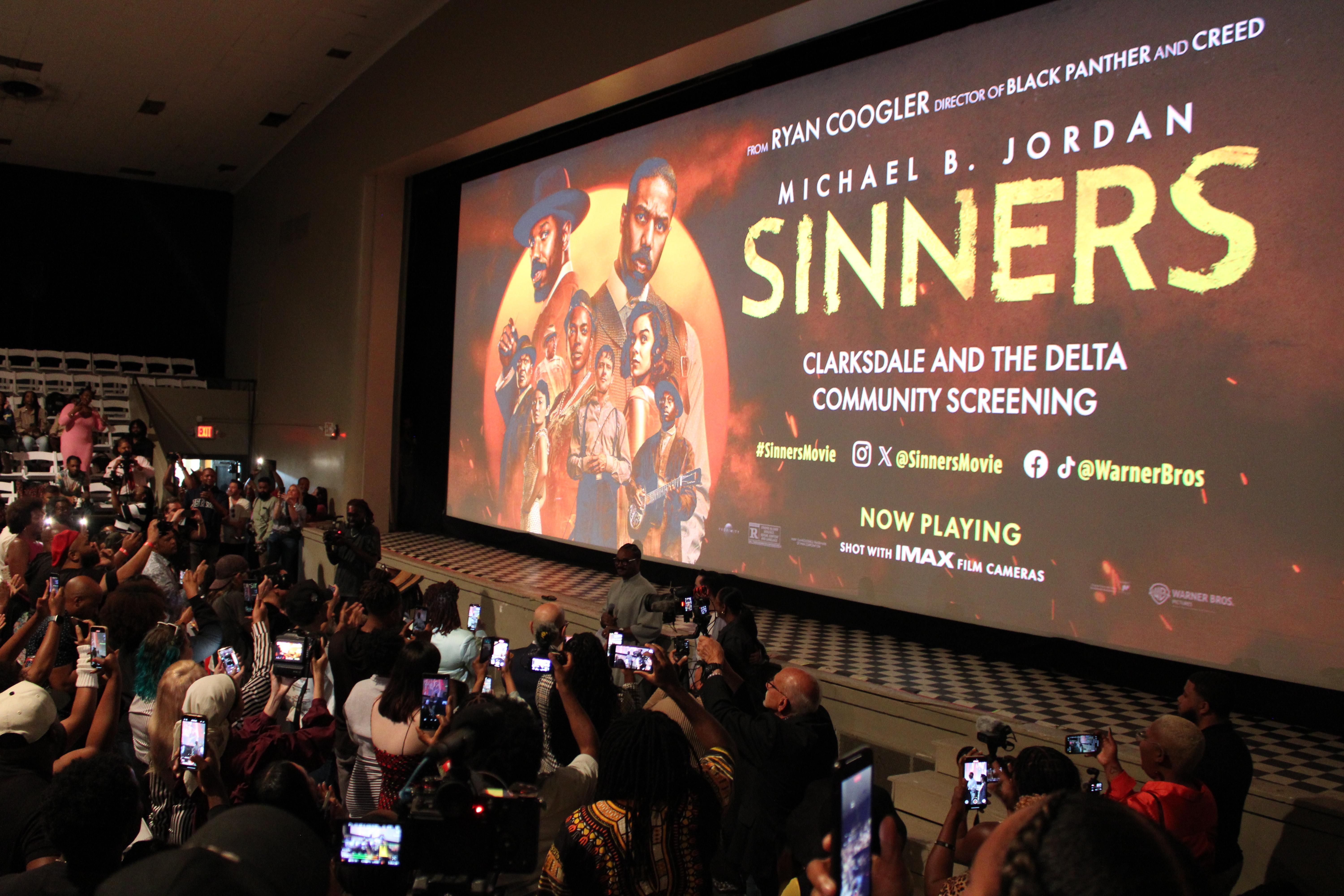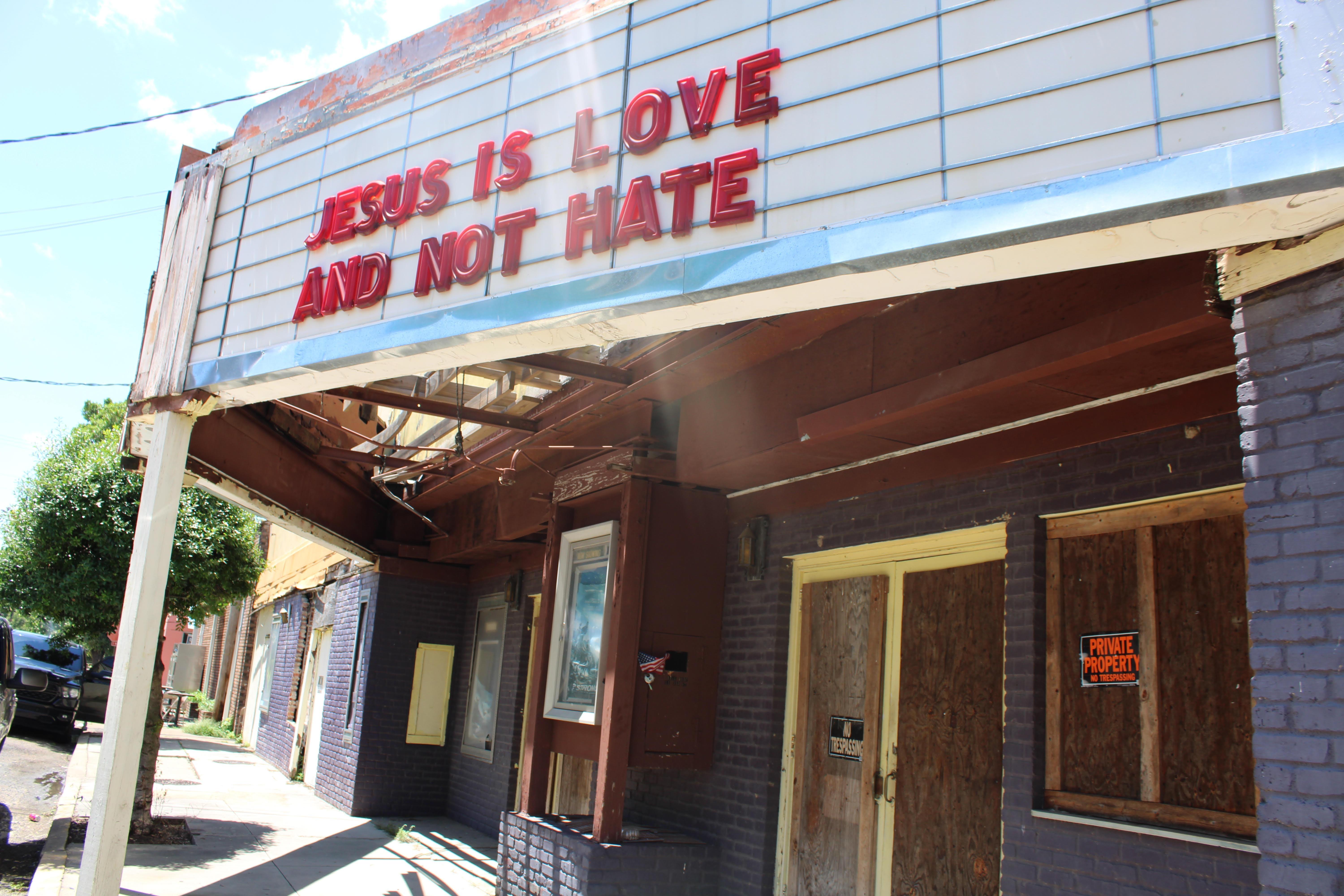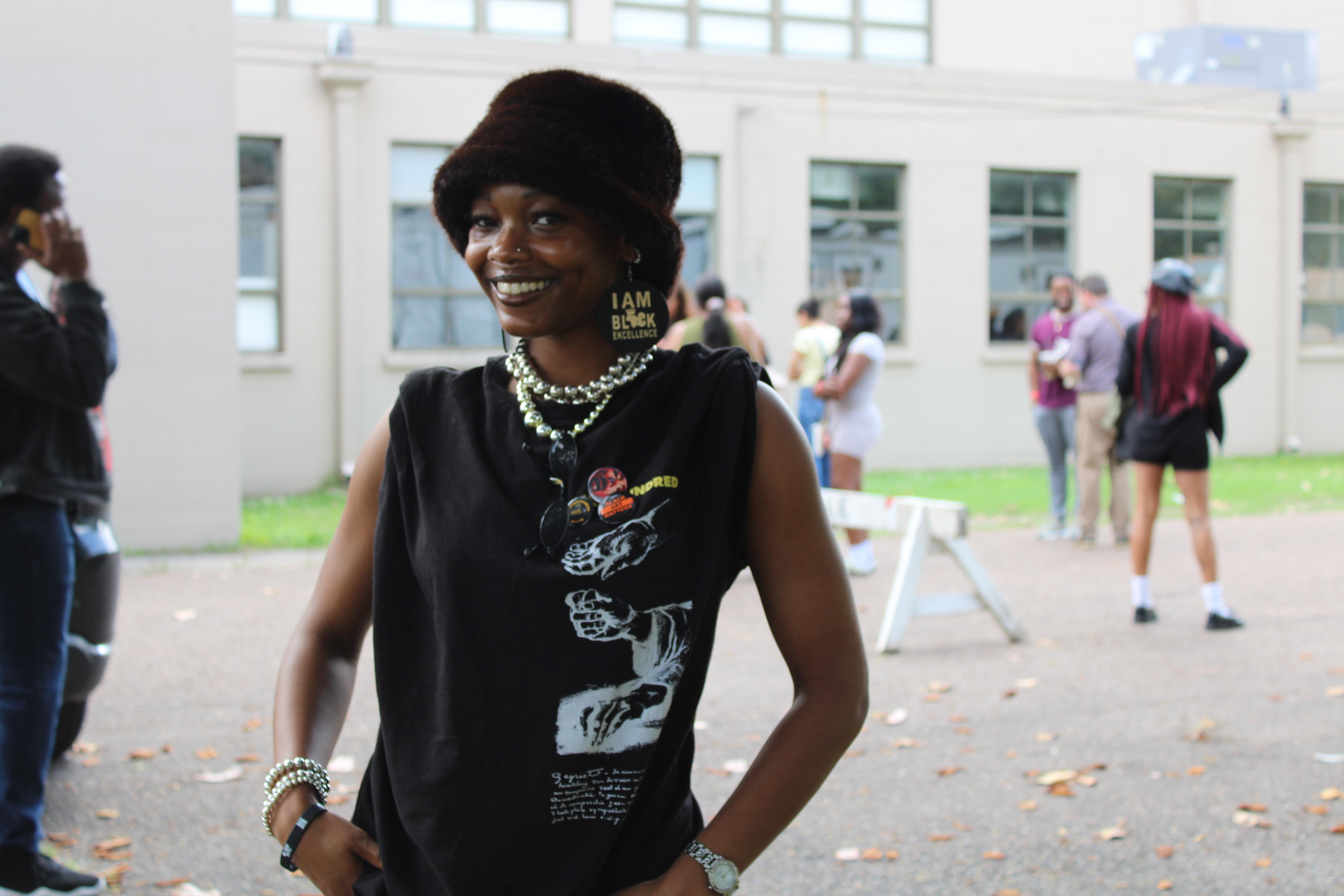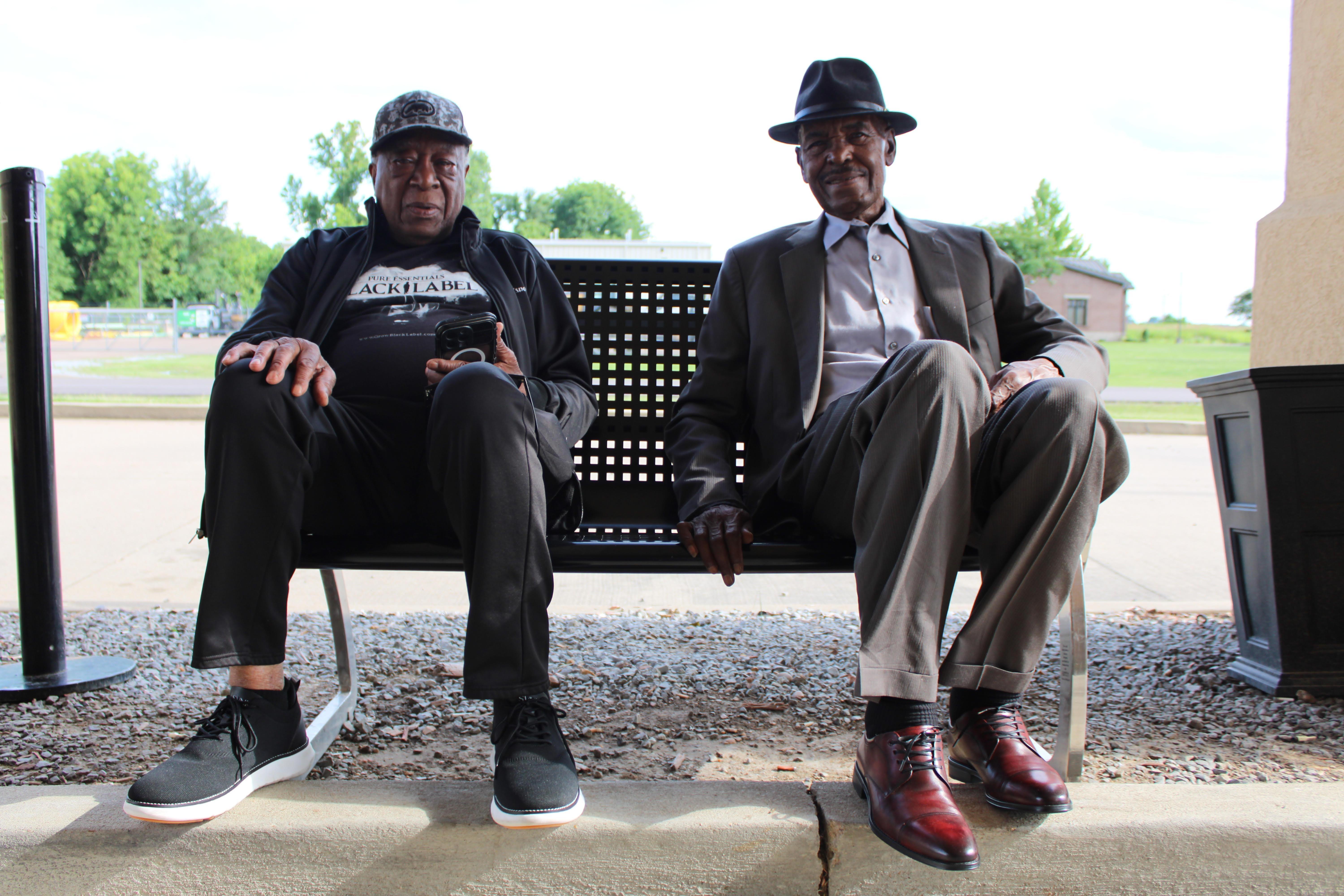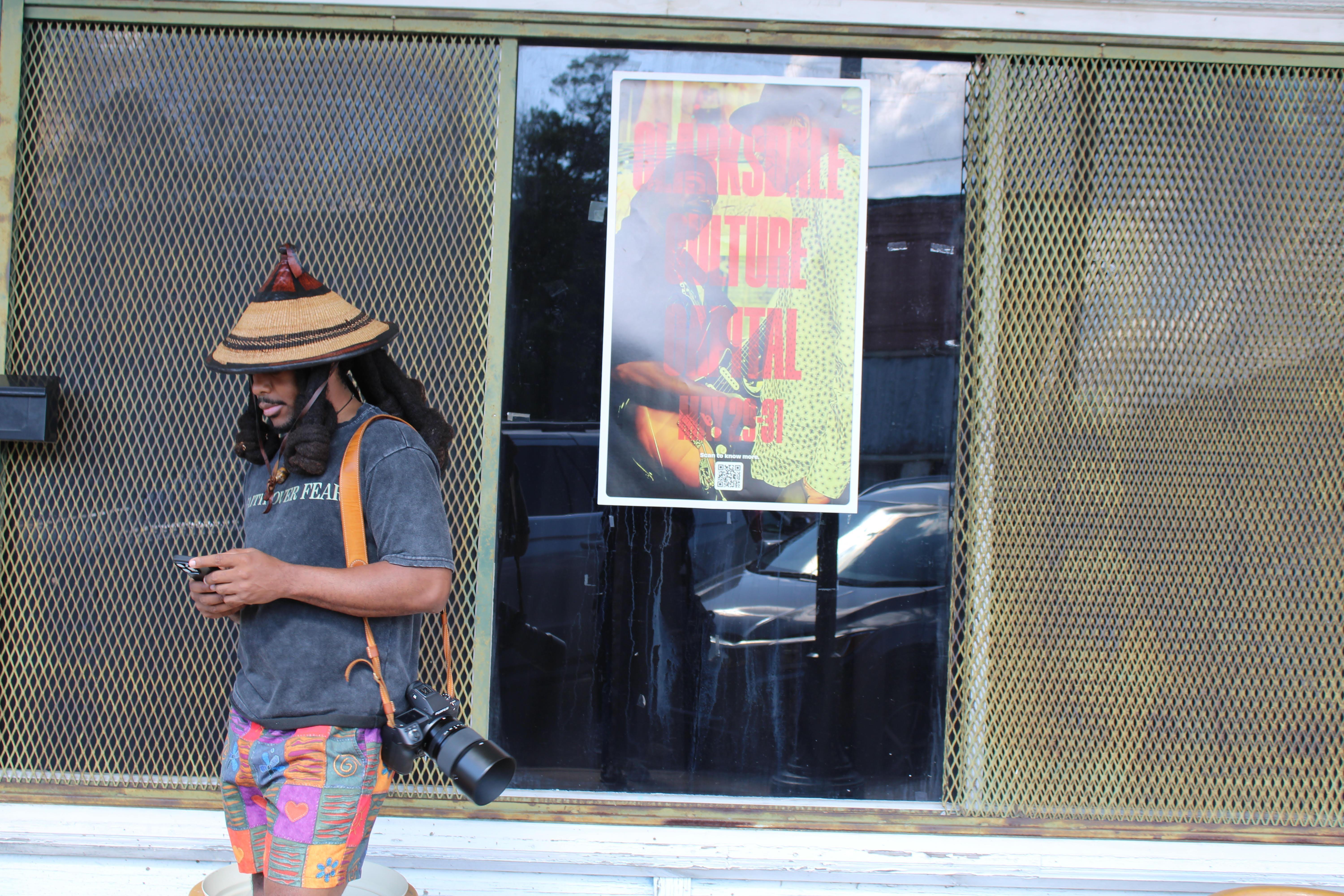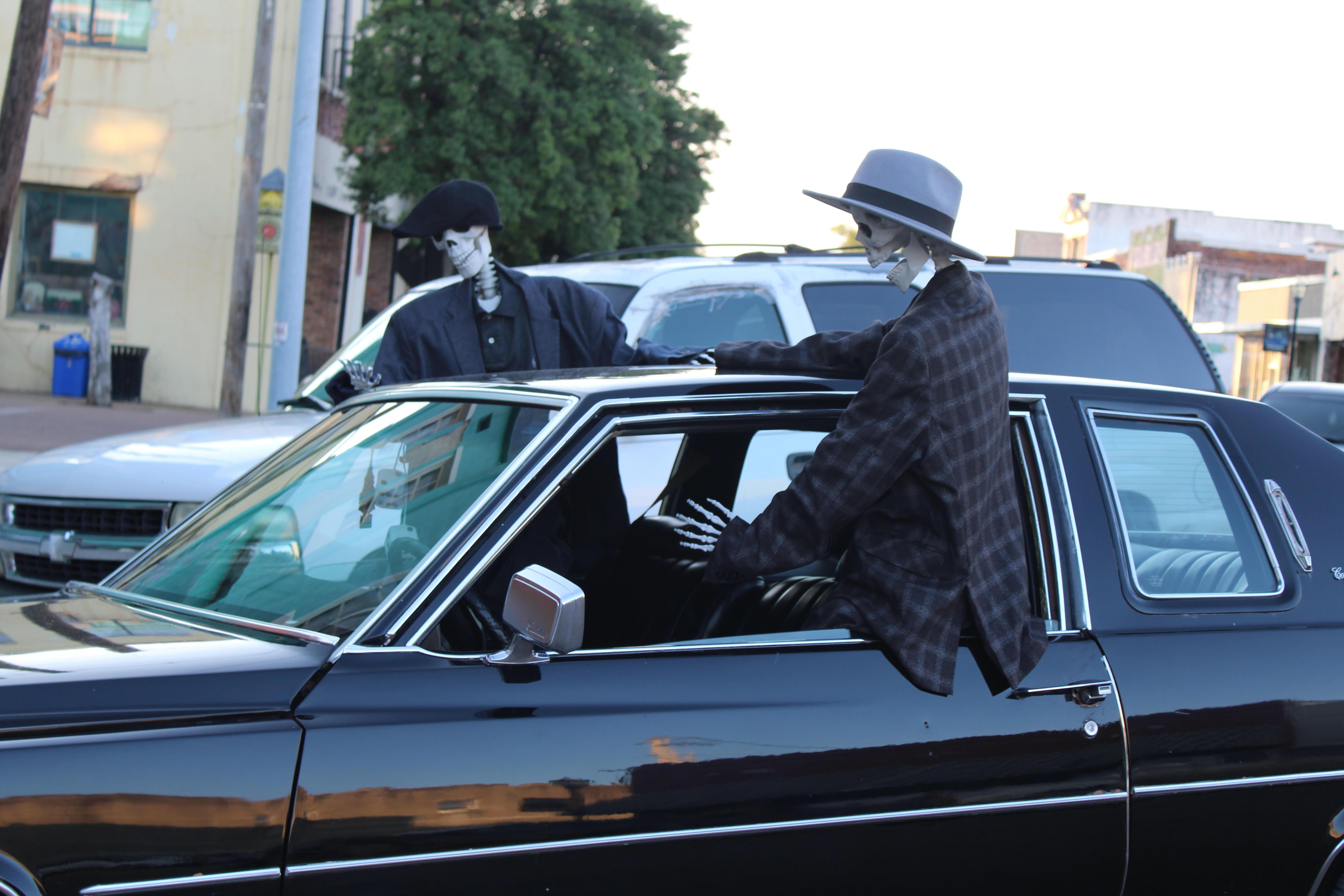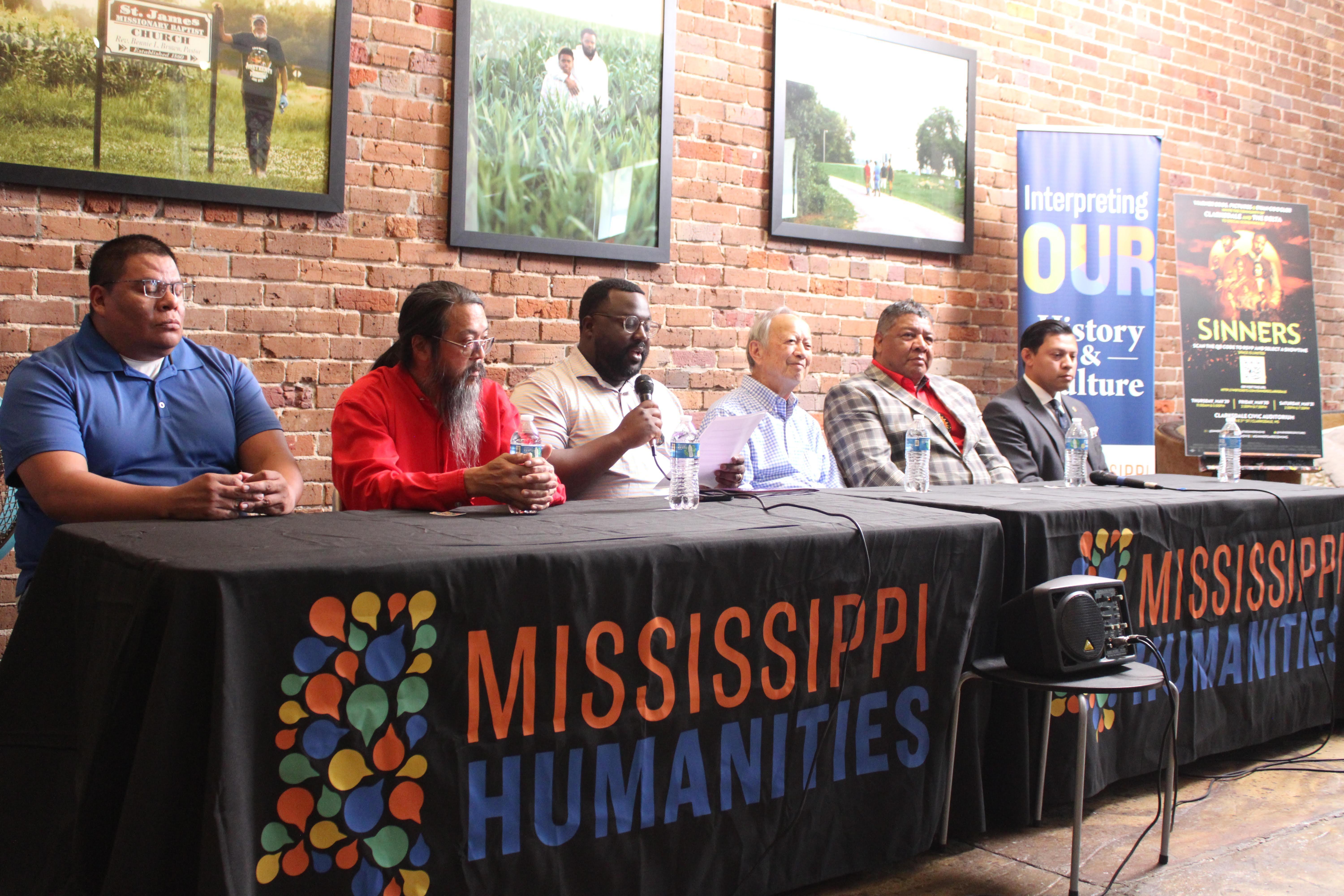Clarksdale, where ‘Sinners’ is set, is a small city that has been glowing ever since Hollywood came to town recently to provide free screenings of the movie. Clarksdalians are hopeful the nationwide attention will give new life to a place renowned for its blues, culture and supernatural myths.
But why did Clarksdale need a screening?
In ‘Sinners,’ the lore of the town is woven into the fabric of the film’s storyline. Twins ‘Smoke’ and ‘Stack,’ both played by Michael B. Jordan, arrive back in the Delta after time in Chicago, a city that is pointed out to be nothing more than “Mississippi with tall buildings.”
The lush, vibrant life of 1930’s era Clarksdale is explored as the film opens. The audience is transported between cotton fields, church sanctuaries and, perhaps in a nod to local blues legend Robert Johnson, the crossroads of a railroad station and a juke joint.
So many elements of Clarksdale’s traditional culture appeared in ‘Sinners,’ it seemed obvious that residents of the city would have their interests piqued enough to attend showings of the film in theaters. Yet, Clarksdale native Chloe Dorsey says initially, that was just not possible initially.
“Just really accessibility,” she said. “I didn't want to drive an hour and a half, two hours away to go to a theater. I have things to do here and I just couldn't take the time out of my schedule to go and just drive and spend like four hours in a movie theater.”
Clarksdale has not had a movie theater in over 20 years.
Jaleesa Collins, an author from Clarksdale, saw the movie in another town and said she was moved by the cultural familiarity she felt throughout the film. Something had to be done.
“The idea came actually from myself,” she said. “I'm part of the Clarksdale committee. I made a post on Facebook to a lot of local organizers, community leaders, and the committee that I serve on.”
Inspired by the growing conversation around the idea on social media, Clarksdale native Tyler Yarbrough decided to pen an open letter to the people behind the movie.
“I just wrote an open letter and just invited them, Ryan Coogler, Michael B. Jordan, the cast and crew, executives at Warner Brothers, to come experience the Delta. Touch our ancestral soil, experience our juke joints, our museums, and be in conversations with us,” he said. “And also do a public screening.”
These ideas picked up steam after journalist Aallyah Wright profiled Yarbrough and Collins’s efforts to bring ‘Sinners’ to Clarksdale.
“It just went viral, like, just happened very, very quick,” Yarbrough said. “Within two days, we were talking to top executives at Warner Brothers. Apparently, it was Ryan Coogler. He saw it the next day and told the top execs, let's make this happen.”
Clarksdale Culture Capital came together in just a few weeks: a three-day event featuring six screenings of ‘Sinners’ alongside curated panel discussions that dove deep into what should come next for Clarksdale.
